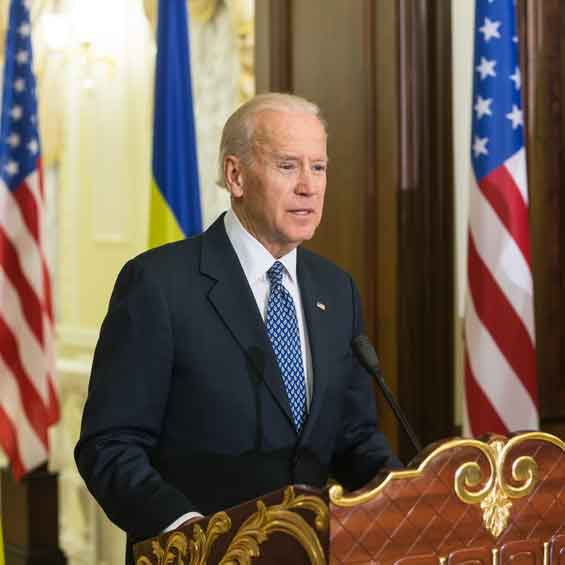In a significant move to reform the U.S. Supreme Court, President Joe Biden has suggested measures such as term limits for justices and a binding code of conduct. These reforms, announced in a Washington Post op-ed, reflect Biden’s dedication to the principle that “no one is above the law.” This is seen as a reaction to recent Supreme Court rulings and ethical issues.
With less than six months remaining in his presidency, Biden outlined his court proposal during a speech at the LBJ Presidential Library in Austin, Texas, commemorating the 60th anniversary of the Civil Rights Act. His appeal for significant changes to the court faces slim prospects of passing through a closely divided Congress, with only 99 days left until Election Day.
The plan proposed by Biden constitutes a constitutional amendment to revoke the broad immunity granted to sitting presidents for crimes committed while in office, a contentious decision made by the court on July 1. Biden stressed that this amendment is necessary to curtail potential power misuse, referencing the incidents of January 6, 2021, as a vivid example of the repercussions of unchecked presidential power.
“The Supreme Court’s 6-3 decision to grant presidents broad immunity means there are virtually no limits on what a president can do,” Biden stated in his op-ed. “The only limits will be those that are self-imposed by the person occupying the Oval Office.”
Earlier this month, the Supreme Court ruled that presidents can’t be prosecuted for actions executed in their official capacity. This verdict was in response to a case brought by the Justice Department against former President Donald Trump concerning his efforts to overturn the 2020 election results. The court, however, made it clear that legal action can be taken against presidents for criminal deeds not related to their official duties.
Biden’s proposed “No One Is Above the Law Amendment” seeks to clarify that simply holding the office of president doesn’t provide immunity from federal criminal indictment, trial, conviction, or sentencing.
Biden also supports introducing term limits for Supreme Court justices, suggesting an 18-year term with staggered appointments every two years. This measure is aimed at diminishing the lasting influence of a single president on the court and facilitating more frequent turnover.
Vice President Kamala Harris, who is also a presidential candidate, expressed her support for the reforms. “These popular reforms will help to restore confidence in the Court, strengthen our democracy, and ensure no one is above the law,” she said.
Additionally, Biden proposes a compulsory code of conduct for Supreme Court justices. This would entail justices disclosing gifts, refraining from public political activity, and recusing themselves from cases in which they have conflicts of interest. Biden believes this is crucial for preserving public trust in the judiciary.
Biden insists that justices should be required to disclose gifts, abstain from public political actions, and recuse themselves from cases where either they or their spouses have financial or other interests. He highlights that all other federal judges adhere to an enforceable code of conduct and sees no reason why the Supreme Court should be excluded from this standard.
Despite these ambitious proposals, Biden is likely to face considerable obstacles in getting them passed by Congress, given the current political climate. Republicans have voiced strong opposition to the reforms, casting doubt over their possible adoption.
The proposed reforms come at a time of heightened scrutiny of the Supreme Court’s conservative majority and their recent decisions on contentious issues such as abortion, gun rights, and affirmative action. These rulings have fueled the debate over the court’s role and its alignment with public sentiment.
Through these reforms, Biden seeks to restore public faith in the Supreme Court and uphold democratic principles. “We can and must prevent the abuse of presidential power. We can and must restore the public’s faith in the Supreme Court. We can and must strengthen the guardrails of democracy,” he wrote.
The proposed changes mark a significant pivot in Biden’s stance on court reform and signal his growing concern over the judiciary’s trajectory and its wider implications for American democracy.

